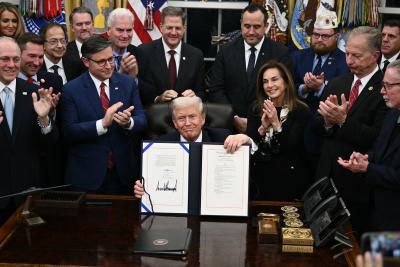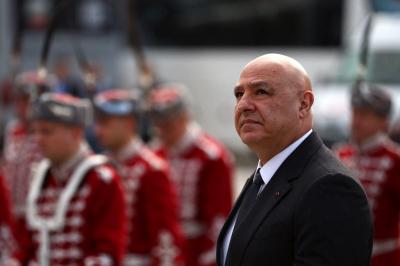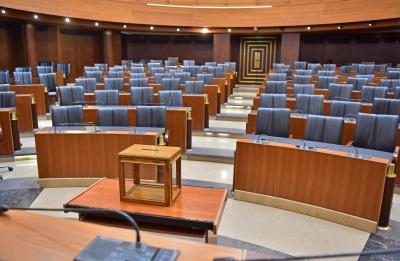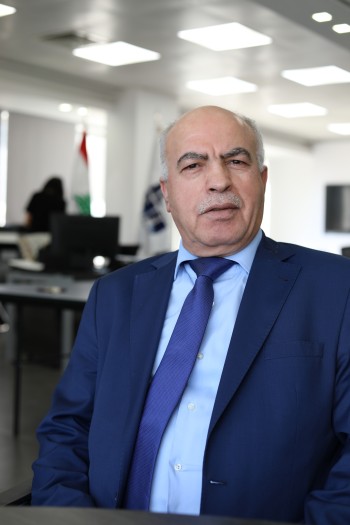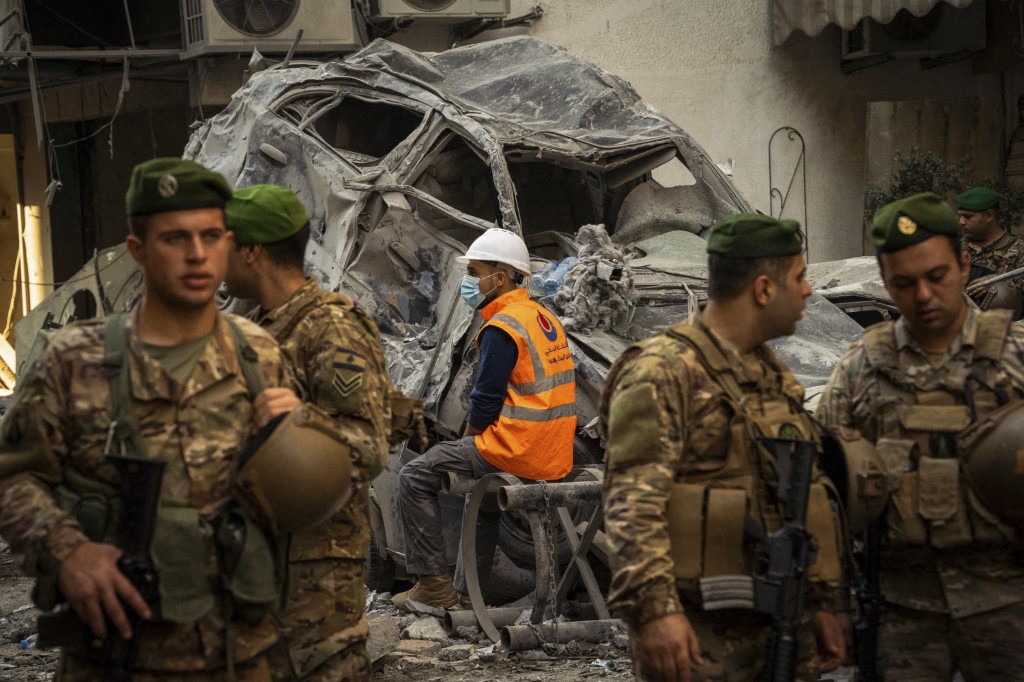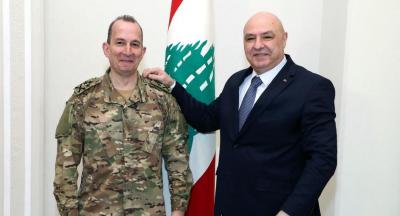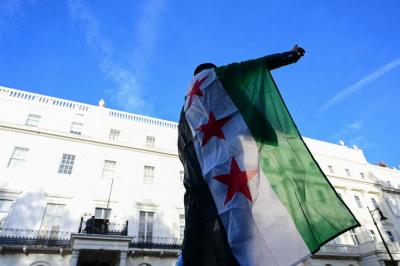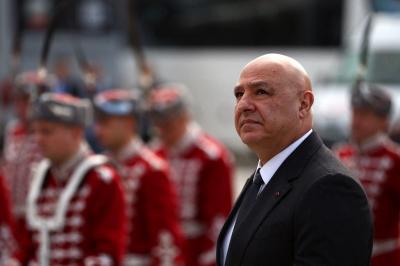The third visit of U.S. presidential envoy Tom Barrack to Lebanon left many different impressions about the future of the region in general—and Lebanon in particular. There are signs of a near Syrian-Israeli peace agreement or normalization under the sponsorship of President Donald Trump, currently being prepared through open and behind-the-scenes negotiations in Paris, Azerbaijan, and elsewhere. Meanwhile, preparations are underway for a new U.S.-Israeli military round against Iran, an expected escalation on the Yemen-Israel front, and the collapse of ongoing ceasefire efforts in the Gaza Strip. Each of these developments will impact the region, especially Lebanon and Syria.
The outcomes of Barrack’s recent visit present Lebanon with mostly negative possibilities so far, amid the U.S.-Israeli insistence on "Hezbollah"’s disarmament before discussing any agreement that would require Israel to stop violating the ceasefire and UN Resolution 1701.
The situation is therefore extremely serious: Lebanon demands Israel’s withdrawal, cessation of attacks, and respect for Resolution 1701; Israel insists first on "Hezbollah"’s disarmament.
If these positions persist, Lebanese officials fear an Israeli invasion south of the Litani River, especially as Israel’s project to liquidate the Palestinian cause progress and Syria becomes, in effect, an Israeli protectorate.
Fears deepened after Prime Minister Nawaf Salam left a meeting with Speaker of Parliament Nabih Berri and said he conveyed President Emmanuel Macron’s assurance that efforts are underway to renew UNIFIL’s mandate to maintain stability in the south, denying any American or French calls for establishing a “buffer zone” there.
Adding to concerns, Deputy Faisal Karami, head of the Dignity Movement, sent a message to officials urging them to “take the necessary decisions to protect Lebanon and avert dangers, as now is the time for decisive action before it is too late.” Karami based his message on remarks attributed to Saudi Foreign Minister Prince Faisal bin Farhan, who reportedly said the kingdom will not stand by Lebanon unless the state assumes full responsibility for managing security and arms.
If this Saudi stance is accurate, it aligns with the American position demanding "Hezbollah"’s disarmament but emphasizes “management of security and arms”—meaning exclusivity of the state and its sole authority over war and peace decisions.
In any case, the main fear after Barrack’s visit is an Israeli invasion south of the Litani and airstrikes northward up to the Litani and Bekaa, based on Israel’s belief that "Hezbollah"’s heavy rocket arsenal is stored there.
Before Barrack’s return to Lebanon, the U.S. and Israel rejected a proposed agreement brought by Berri calling for an end to the Israeli raids in exchange for a gradual disarmament. The U.S. platform made clear that as long as "Hezbollah" keeps its weapons, statements alone are insufficient.
Hence, Israel continues targeted assassinations of "Hezbollah" commanders and operatives using drones and airstrikes on bases north of the Litani River and in the Bekaa Valley, paving the way for establishing a buffer zone south of the river and possibly expanding northward—though it cannot do so as long as UNIFIL forces remain.
Israel and the U.S. are thus seeking to end UNIFIL’s mission next month if efforts to amend its rules of engagement—turning it into a deterrent force under Chapter VII of the UN Charter—fail.
The outcome of the diplomatic battle over UNIFIL’s mandate extension will indicate what is to come. If renewed, diplomatic efforts will continue; if not, come September on the brink of war, on the southern front and possibly also along Lebanon’s eastern and northern Syrian borders, where Syrian forces could use Israeli strikes against "Hezbollah" positions as cover for attacks across the border.
The danger lies in Israel’s “aggressive mentality,” refusing Lebanese assurances or commitments, perceiving the Lebanese state as weak and incapable of disarming "Hezbollah". Meanwhile, Lebanon’s official circles treat Barrack’s mission as if it were still an exchange of ideas and has not yet reached critical points.
Therefore, the fate of the UNIFIL, to be decided by the Security Council before its mandate expires at the end of August, will determine Lebanon’s future—peace or war. The prevailing expectation leans toward war, evidenced by renewed international pressures and conditions on Lebanese authorities to disarm "Hezbollah" before any other issues are considered, as a prerequisite for aid flow to Lebanon to return as a “prosperous country,” according to the American president.
Please post your comments on:
[email protected]
 Politics
Politics


